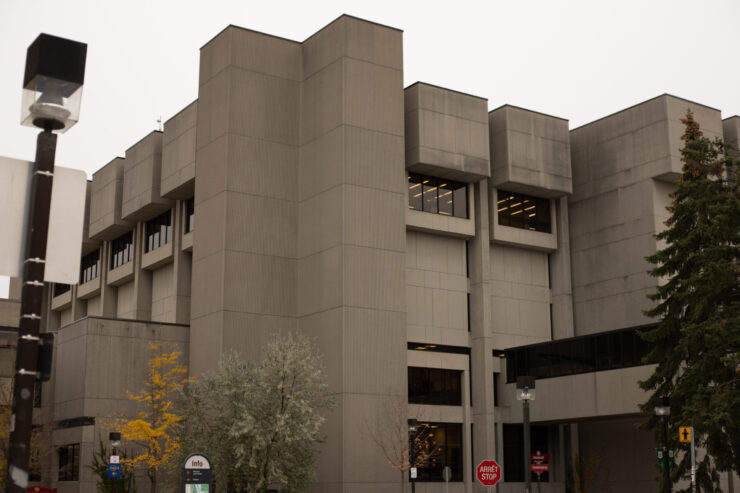How has COVID-19 impacted the dating lives of young adults?
From serious relationships to one-night stands; from coffee dates and cinema nights to Netflix and chill, COVID-19 has become a real dealbreaker. How is one supposed to have sex and not potentially spread a virus? With masks? Is this what the future holds? Is it easier to fall for someone with their face covered up? Are relationships – monogamous and polyamorous – the same as they were previously? Or has dating simply become more virtual than before?
With the wearing of masks to social distancing measures, how have people’s dating lives changed? Long term partnerships face the dilemma of either being completely distanced or living together all the time; singles are actively on the lookout for sex and connections but blockages due to the pandemic get in their way.
From booty calls to video calls
Before the pandemic, young adults had no doubt in their mind when their number one would hit them up with a “wyd” at two in the morning. Although the pandemic has strongly affected the process of saying yes to a quickie, young adults and students are still meeting up for sex, but what has changed? Have young adults begun to select more “trusted” booty calls? Are dates going differently?
Social events, networking events, meeting potential partners and/or booty calls have been impacted during COVID-19, and singles who do not use dating apps (and those who do) are taken aback.
Mark, a third-year psychology student, who asked to not reveal his real name due to work-related reasons, explained that in the use of dating apps when speaking to a girl he may be interested in, him and the potential partner would discuss if they had roommates that could lead to potential exposure, to see if they were both safe to see each other.
“Before COVID-19, I would see people the same day or the same week, but online, I have done virtual dates and waited a couple of weeks before actually meeting the person face to face,” he explained.
Sarah Crookall, a fourth-year psychology student at the University of Ottawa and a member of the individual and social influences of technology lab with Dr. Krystelle Shaughnessy explains their most recent study (currently under review) is focused on singles and partners in relationships who are separated due to COVID-19. The lab is examining technology and its impacts on individuals and their personal lives, with a study on Cybersexuality they are currently examining online sexual activity.
“We were interested in how willing people were to adopt new technology (such as video calls or dating apps) during the pandemic and how willing they were to continue using new technology, meet in-person, and tips they had for others,” Crookall said.
Initial results found that less than half of participants use some form of dating app but rejected offers to meet partners in-person. “Many found benefits from using new technology, especially for maintaining relationships or enhancing intimacy.”
The long term & the pandemic
In terms of long term partnerships, Crookall said the study “found that people who were in partnerships but not living together were more likely to video call and use other technology, but most of our participants did not use new technology more and moderately planned to keep using it.”
However, she explained that in comparison to before COVID-19 to now, there have not been many differences in technology-use.
“Some people may find that technology is unsatisfying compared to in-person relationships and physical contact,” Crookall explained. “Thus leaving couples and singles looking for ways to be creative with their partners that they had not considered before.”
Young adults not only at the University of Ottawa but all over Canada are living relationship difficulties they have not necessarily faced before due to the pandemic. Mikaela Kennedy, a fourth-year student in political science and gender studies at the U of O explains the way COVID-19 impacted their relationship, economically, socially and personally.
“My partner and I had been living together for just six months when COVID-19 led to quarantine. While I could work from home, he lost his job and had to apply for CERB – meaning we had to be around each other all the time, with very few others to socialize with,” Kennedy said. “It has required us to redraw boundaries and plan time together and apart, especially as my partner is an introvert while I am an extrovert.”
“COVID-19 has not only impacted our vicinity to each other and the amount of time spent together, but also the quality of time we spend together. We do not go out as often, and our activities can feel repetitive, but we do our best to be creative and kind to ourselves during this time.”
Growth wise, Kennedy explained that boundaries were impacted and adjusted as the couple became more understanding of each other’s needs. Both learned to adapt to each other’s introverted and extroverted personalities by allowing more space for their partner while their partner works on dedicating time for them.
“We have always been open to open communication and boundaries, but the pandemic has definitely been challenging as it must be for most couples. Growth-wise, I believe that COVID-19 has required us to walk the walk, we have become more careful about having realistic expectations for each other and ourselves as well,” Kennedy said.
Overall, the pandemic has brought modifications to modern day dating in the lives of young adults.
Dating is no longer the same, whether it is for a single night or a genuine connection – or both – as several challenges that were never seen before are leading to young adults’ better understanding of personal boundaries and levels of creativity.
The use of technology has maybe not become more popular, however, dating and relationships have been impacted strongly by the pandemic.





